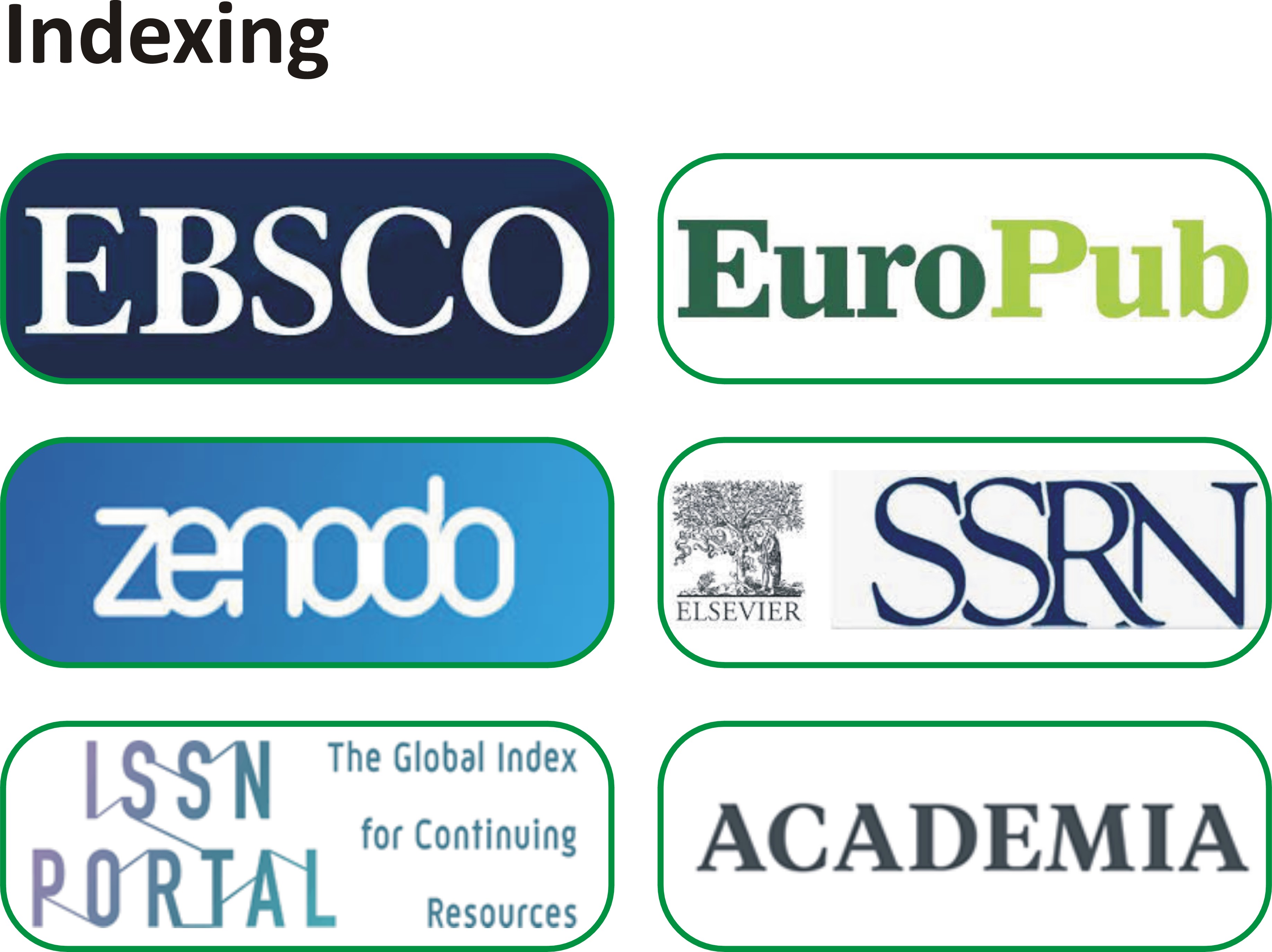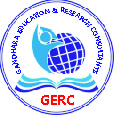Education Promotes Leadership To Make People Drive
Abstract
The Concept of Leadership is as old as Human history. Even in time immemorial one of the huan beings had to guide others either through action or symbols and thus protect the rest of group members from external assault. Playing such a role led to strengthen the bond. The one who emerged as guide became self imposed leader. The continuity of leadership role promoted the concept unity. With development of civilization the emergence of leadership took more strong hold.
This was the era of natural leadership. The person with inborn wit and wisdom dominated the rest of the people. The wisdom coupled with boldness gave more strength to the leader. These self-emerged leaders eventually took hold of authority over others and subsequently became rulers.
Rulers were commonly focusing on strengthening their hold on the state resources and with vested interest, least caring for socio economic welfare of the population at large, devoted to add to wealth for their own progeny. Resultantly majority of the population remained deprived of the basic necessities of life. In fact with was used to be played knowingly to keep the people depressed with little courage to raise voice against the dynasty. The western democracy produced this type of leaders who are concerned with grabbing powers of using rather misusing public resources to benefit his own family and promote nepotism.
It is here that a line of difference is drawn between a leader and a politician. A politician is after securing votes to access the official authority least caring for the peoples‘s preferences. He uses the ladder which helps him climb the throne. Contrary to this a leader always thinks of the betterment of the whole generation. A leader works for promoting socioeconomic welfare of the people disregarding the hurdles in way. He surmounts the difficulties and provides opportunities to the people for their growth and success.
This paper traces out the factors which makes a man leader with characteristics distinctive. It also discusses the significance of education in polishing the faculties of a person which help in playing a positive role in the growth of society.
Copyright Notice Submission of an article implies that the work described has not been published previously (except in the form of an abstract or as part of a published lecture or academic thesis), that it is not under consideration for publication elsewhere, that its publication is approved by all authors and tacitly or explicitly by the responsible authorities where the work was carried out, and that, if accepted, will not be published elsewhere in the same form, in English or in any other language, without the written consent of the Publisher. The Editors reserve the right to edit or otherwise alter all contributions, but authors will receive proofs for approval before publication. Copyrights for articles published in IJSSA journal are retained by the authors, with first publication rights granted to the journal. The journal/publisher is not responsible for subsequent uses of the work. It is the author’s responsibility to bring an infringement action if so desired by the author.



